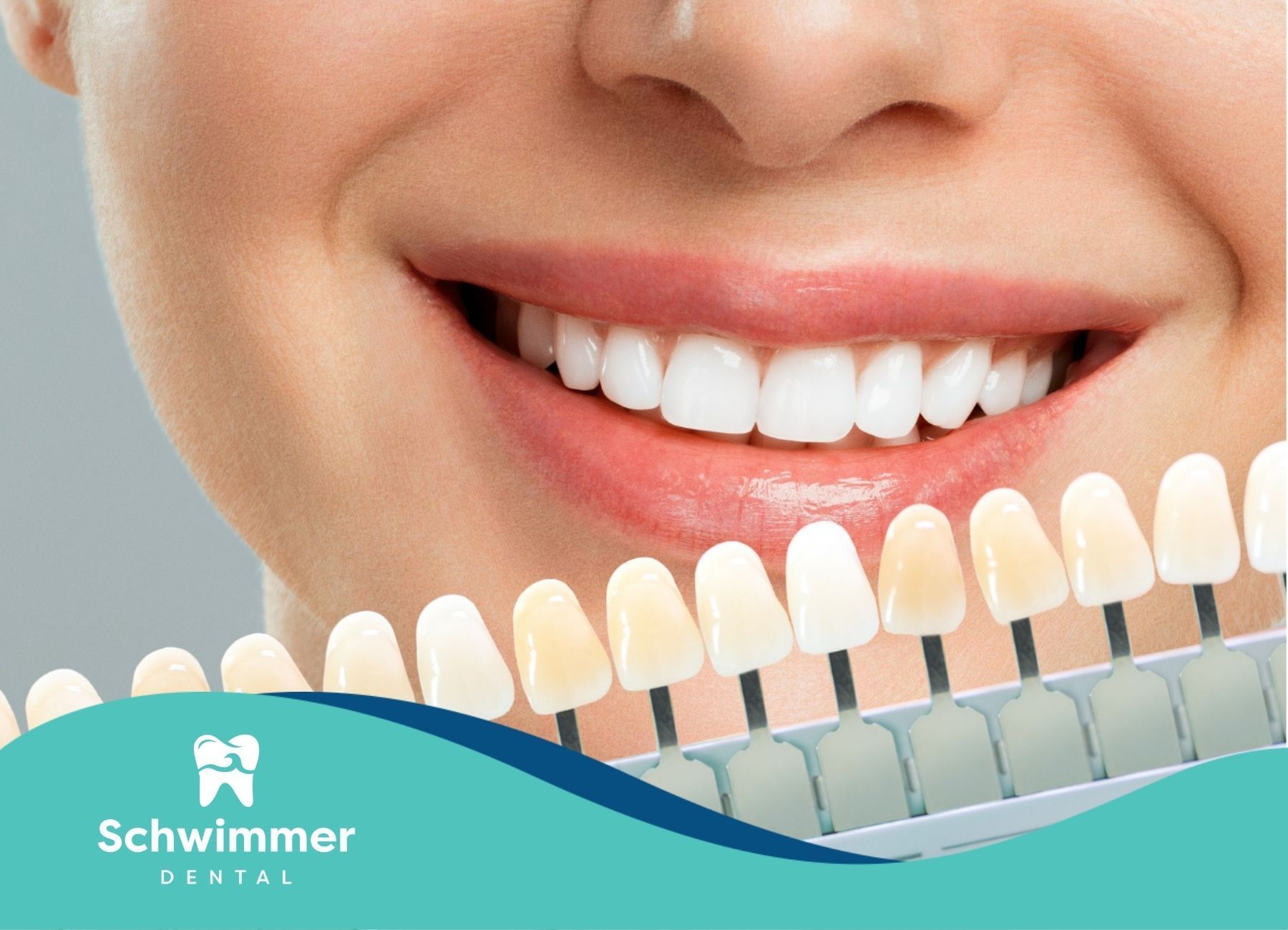Is Mouthwash Bad for You? The Truth About Oral Rinses
Mouthwash is a popular addition to many oral hygiene routines. It promises fresh breath, reduced plaque, and a cleaner mouth. But is mouthwash bad for you? Some people worry about its ingredients, potential side effects, and whether it’s necessary for good oral health.
In this article, we’ll explore the pros and cons of using mouthwash, the different types available, and the best practices to ensure it benefits your oral health rather than harming it.
What Does Mouthwash Do?
Mouthwash, also known as oral rinse, is a liquid solution designed to enhance oral hygiene. Depending on the type, it can help:
- Freshen breath by killing odor-causing bacteria.
- Reduce plaque and gingivitis by targeting bacteria in the mouth.
- Strengthen enamel with fluoride to prevent cavities.
- Soothe oral irritation for individuals with sensitive gums or oral sores.
While mouthwash can be a helpful tool, its effectiveness depends on how and when it is used.
Is Mouthwash Bad for You? Potential Risks and Concerns
Although mouthwash has benefits, it’s not without potential drawbacks. Let’s explore some concerns people have about using it regularly.
1. Alcohol-Based Mouthwash and Dry Mouth
Many traditional mouthwashes contain alcohol (such as ethanol) to kill bacteria. While effective, alcohol can also:
- Dry out the mouth, reducing saliva production.
- Increase the risk of bad breath (paradoxically) by creating an environment where bacteria thrive.
- Cause irritation for people with sensitive gums or oral conditions.
For those prone to dry mouth or irritation, an alcohol-free mouthwash is a better option.
2. Disrupting the Oral Microbiome
The mouth contains both good and bad bacteria. Some research suggests that using strong antibacterial mouthwash too frequently can disrupt the natural balance of oral bacteria, potentially:
- Reducing the presence of beneficial bacteria.
- Increasing the risk of bad breath, cavities, and gum disease over time.
- Affecting nitric oxide production, which may have cardiovascular implications.
While more studies are needed, moderation is key when using strong antibacterial mouthwashes.
3. Potential Link to Oral Cancer
There has been some debate over whether alcohol-based mouthwashes contribute to oral cancer. However, current research has not confirmed a direct link. That said, excessive alcohol use, smoking, and poor oral hygiene remain the primary risk factors for oral cancer.
For those concerned about long-term exposure to alcohol in mouthwash, choosing an alcohol-free formula is a safer alternative.
4. Masking Oral Health Problems
Mouthwash can provide a temporary fix for bad breath but may mask underlying issues such as:
- Cavities
- Gum disease
- Tooth infections
If you experience persistent bad breath or gum irritation, it’s important to see a dentist rather than relying on mouthwash to cover up the symptoms.
5. Fluoride Overuse in Children
Fluoride is beneficial for strengthening enamel, but swallowing excessive amounts can be harmful, especially for children. If kids use fluoride mouthwash, they should be supervised to avoid accidental ingestion.
The Benefits of Using Mouthwash
Despite some concerns, mouthwash can be an excellent addition to your oral care routine when used correctly. Here’s why:
1. Reduces Bacteria and Plaque
Many mouthwashes contain antiseptic ingredients like chlorhexidine or cetylpyridinium chloride (CPC) that help reduce plaque buildup and gingivitis. These ingredients can help prevent gum disease when combined with regular brushing and flossing.
2. Strengthens Enamel and Prevents Cavities
Fluoride mouthwashes help remineralize enamel, making teeth more resistant to decay. This is especially beneficial for individuals prone to cavities.
3. Soothes Irritated Gums and Oral Sores
Some mouthwashes contain soothing agents like aloe vera or hydrogen peroxide, which can help:
- Reduce gum inflammation.
- Ease discomfort from canker sores.
- Promote healing of minor oral wounds.
4. Helps with Orthodontic and Post-Surgical Care
For people with braces or recent dental work, mouthwash can reach areas that are difficult to clean with a toothbrush alone. It can help prevent infection and speed up healing.
5. Aids in Bad Breath Control
Mouthwash can temporarily neutralize bad breath by killing odor-causing bacteria. However, it’s important to address the root cause of persistent halitosis rather than relying on mouthwash alone.
Choosing the Right Mouthwash
There are several types of mouthwash, each serving different purposes. Here’s a breakdown to help you choose the best one for your needs:
| Type | Purpose | Best For |
|---|---|---|
| Fluoride Mouthwash | Strengthens enamel, prevents cavities | People prone to cavities |
| Antibacterial Mouthwash | Kills bacteria, reduces plaque and gingivitis | People with gum disease |
| Alcohol-Free Mouthwash | Freshens breath, gentle on gums | People with dry mouth or sensitivity |
| Whitening Mouthwash | Lightens stains, brightens teeth | People wanting a whiter smile |
| Natural Mouthwash | Uses essential oils, no harsh chemicals | People avoiding artificial ingredients |
Best Practices for Using Mouthwash
To maximize the benefits of mouthwash while avoiding potential risks, follow these best practices:
- Use mouthwash after brushing and flossing, not as a replacement.
- Follow the recommended usage instructions—most mouthwashes suggest swishing for 30–60 seconds.
- Avoid eating or drinking for 30 minutes after using fluoride mouthwash to allow the fluoride to work.
- Choose an alcohol-free option if you have dry mouth or sensitive gums.
- Use antibacterial mouthwash in moderation to prevent disrupting healthy bacteria.
- Supervise children under 12 when using mouthwash to prevent swallowing.
When to See a Dentist
While mouthwash can support oral hygiene, it’s not a substitute for professional dental care. If you experience:
- Persistent bad breath
- Gum bleeding or swelling
- Tooth sensitivity or pain
- White patches or sores that don’t heal
It’s time to schedule a dental visit.
Final Thoughts
By understanding the benefits and risks of mouthwash, you can make informed choices about your oral health. If you’re unsure which mouthwash is right for you, Schwimmer Dental is here to help. Schedule a consultation today for expert advice on maintaining a healthy smile.
Frequently Asked Questions
Is it okay to use mouthwash every day?
Yes, but the type of mouthwash matters. Daily use of a fluoride or alcohol-free mouthwash is safe, while strong antibacterial mouthwashes should be used in moderation.
Can mouthwash replace brushing and flossing?
No. Mouthwash is a supplemental tool, not a substitute for brushing and flossing. It helps reduce bacteria but doesn’t remove plaque as effectively as brushing and flossing.
Should I use mouthwash before or after brushing?
It’s best to use mouthwash after brushing and flossing to maximize its effectiveness. If using fluoride mouthwash, avoid rinsing with water afterward to allow the fluoride to work.
Sources:
- https://www.ada.org/resources/ada-library/oral-health-topics/mouthrinse-mouthwash
- https://pmc.ncbi.nlm.nih.gov/articles/PMC8997378/
- https://www.sciencedirect.com/science/article/pii/S0020653923004550
- https://pmc.ncbi.nlm.nih.gov/articles/PMC6982979
- https://www.colgate.com/en-us/oral-health/fluoride/what-does-fluoride-do



